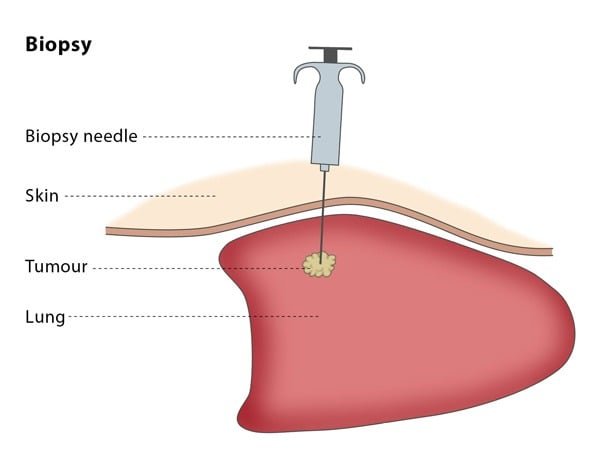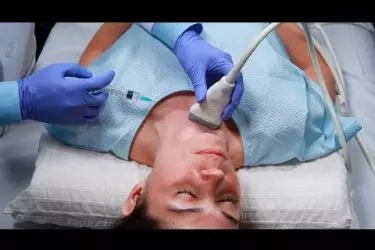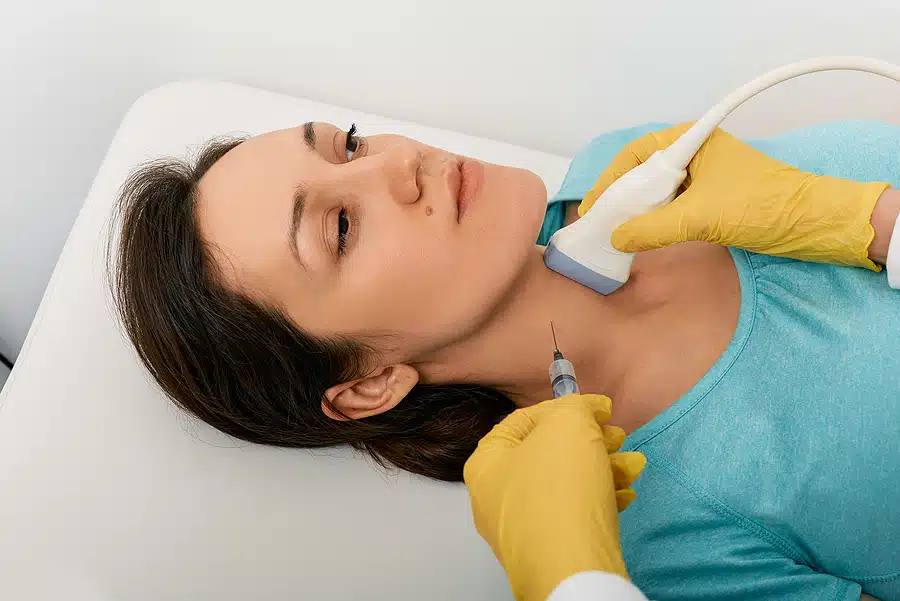The Biopsy Centre

A biopsy is a medical procedure that involves the removal of a small sample of tissue from the body for diagnostic examination. This procedure is crucial for identifying diseases, including cancer, infections, and inflammatory conditions. There are various types of biopsies, including needle biopsies, excisional biopsies, and punch biopsies, each tailored to the specific site and nature of the suspected condition. During the procedure, the tissue sample is carefully collected and sent to a laboratory for analysis, where pathologists examine it under a microscope to determine the presence of abnormal cells or disease. Biopsies play a vital role in guiding treatment decisions and monitoring health conditions.
During a biopsy, local anesthesia may be used to minimize discomfort. Once the tissue sample is obtained, it is preserved and sent to a pathology lab, where it is examined microscopically. Pathologists look for abnormal cells, tissue structure changes, and other indicators of disease.
The results of a biopsy are crucial for diagnosing conditions, determining the severity of a disease, and formulating effective treatment plans. Depending on the findings, additional treatments, such as surgery, chemotherapy, or radiation therapy, may be recommended. Biopsies are generally safe, but, like any medical procedure, they carry some risks, including infection, bleeding, and discomfort at the biopsy site.
Our Services

Biopsies
A biopsy is a medical procedure where a small sample of tissue is taken from the body for examination. It helps doctors diagnose diseases, such as cancer, infections, or inflammation, by studying the tissue under a microscope. Biopsies can be performed on various organs, including the skin, liver, lungs, and more, and they provide valuable information for accurate diagnosis and treatment planning.a

FNAC
A Fine Needle Aspiration Cytology (FNAC) is a minimally invasive diagnostic procedure where a thin, hollow needle is used to extract cells from a lump or mass for examination under a microscope. FNAC is commonly used to assess thyroid nodules, lymph nodes, and other abnormalities. It provides valuable information to diagnose conditions like infections, cancer, and other diseases with minimal discomfort to the patient.

Tapping
Tapping, or aspiration, is a medical procedure where fluid is withdrawn from a body cavity or swelling using a needle and syringe. This technique is commonly used to relieve pressure or collect fluid samples from areas like joints, the chest, or the abdomen for diagnostic purposes. Tapping helps in diagnosing infections, inflammation, or other conditions by analyzing the extracted fluid.

Aspiration
Aspiration is a medical procedure that involves using a needle and syringe to remove fluid or tissue from a specific area of the body for diagnostic or therapeutic purposes. This technique is often employed to collect samples from cysts, abscesses, or other fluid-filled structures, allowing healthcare providers to analyze the contents for signs of infection, disease, or other conditions. Aspiration can also relieve pressure or discomfort caused by excess fluid accumulation.
